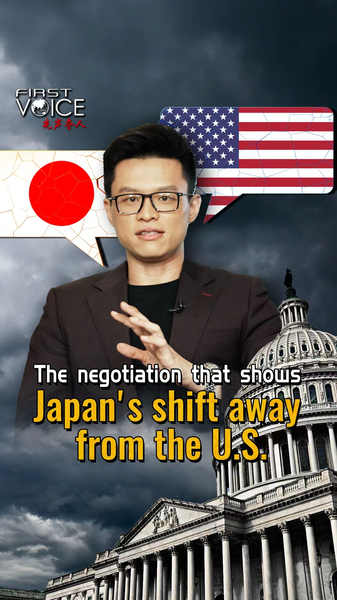On July 7, U.S. President Donald Trump surprised global markets by postponing the tariff deadline from July 9 to August 1, while sending letters to countries warning of higher levies if no deal was reached.
Japan, long seen as an ally quick to accommodate U.S. pressure, broke with tradition. Prime Minister Shigeru Ishiba declared Tokyo will not make "easy concessions" and vowed to defend national interests.
This bold stance raises questions: is this the end of a "plastic friendship"? Japan's shift could reshape the balance in global trade, as entrepreneurs and investors watch for new partnerships beyond traditional alliances.
For young professionals and digital nomads, these developments hint at shifting supply chains and emerging markets outside the U.S. orbit. Thought leaders see an opportunity for more diverse economic cooperation across the G20.
As trade talks enter a new phase, Japan's firm response signals a broader trend: allies reevaluating long-held ties. The world is watching – and the outcome could redefine global trade diplomacy for years to come.
Reference(s):
cgtn.com




